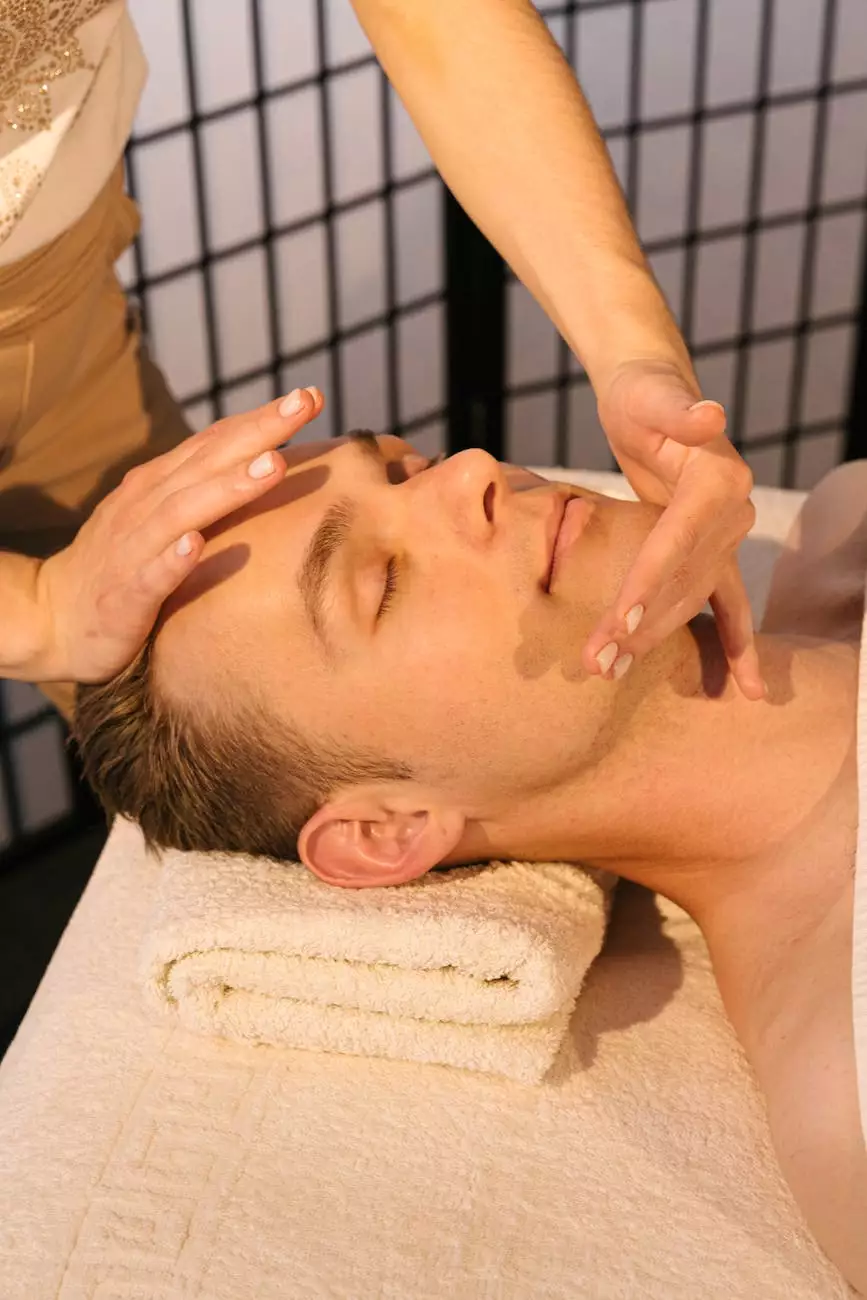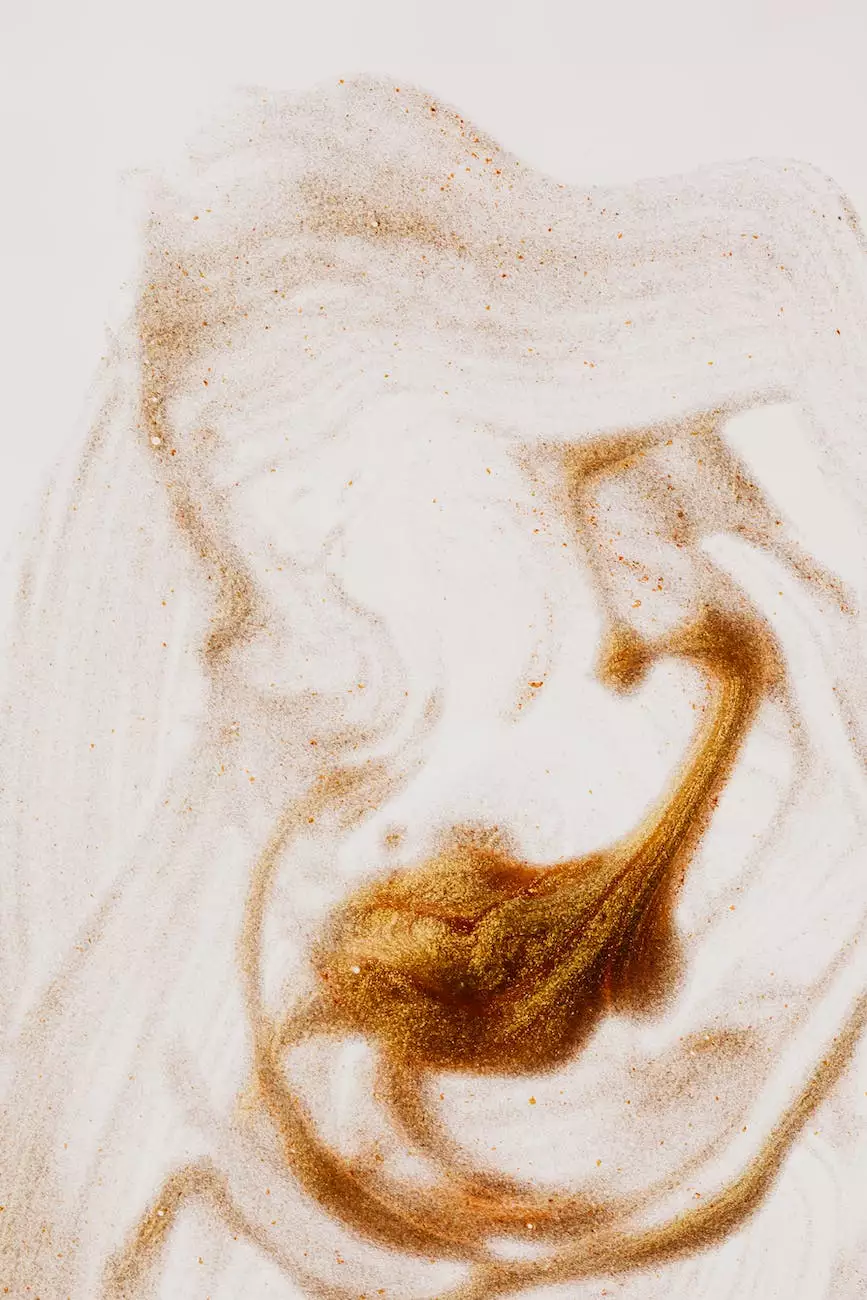Hypothyroidism and Low Testosterone—Male Hormone
Health
Understanding Hypothyroidism and Low Testosterone in Men
In the field of men's health, it is essential to comprehend the link between hypothyroidism and low testosterone. CHI St. Luke's Health - Performance Medicine is dedicated to providing comprehensive information and offering effective treatment options for individuals experiencing this hormonal imbalance.
Hypothyroidism and Its Impact on Male Hormones
Hypothyroidism occurs when the thyroid gland fails to produce enough thyroid hormones, resulting in an underactive thyroid. While commonly associated with women, hypothyroidism can also affect men. This condition can have a significant impact on male hormone levels, including testosterone.
The Role of Testosterone in Male Health
Testosterone is a vital male hormone responsible for various functions in the body. It plays a key role in maintaining energy levels, muscle mass, bone density, reproductive health, and overall well-being. When testosterone levels drop, it can lead to a range of symptoms and potential health issues.
Recognizing the Symptoms of Hypothyroidism and Low Testosterone
Identifying the symptoms of hypothyroidism and low testosterone is crucial for early detection and effective treatment. While these symptoms may vary from person to person, it is important to seek medical attention if experiencing any of the following:
Common Symptoms of Hypothyroidism:
- Unexplained weight gain
- Fatigue and sluggishness
- Depression or mood swings
- Dry skin and hair
- Increased sensitivity to cold
Common Symptoms of Low Testosterone:
- Loss of libido or sexual desire
- Erectile dysfunction
- Decreased muscle mass
- Fatigue and reduced energy levels
- Mood changes and irritability
Treatment Options for Hypothyroidism and Low Testosterone
At CHI St. Luke's Health - Performance Medicine, our team of experts specializes in diagnosing and treating hormonal imbalances. We offer a comprehensive approach to address both hypothyroidism and low testosterone in men.
1. Hormone Replacement Therapy (HRT)
Hormone replacement therapy is a common treatment option for individuals with hypothyroidism or low testosterone. It involves replacing deficient hormones with synthetic or bioidentical hormones to restore balance and alleviate symptoms.
2. Lifestyle Modifications
In addition to medical interventions, certain lifestyle modifications can help improve hormone levels. These may include regular exercise, a balanced diet, stress management techniques, and adequate sleep.
3. Nutritional Support
Proper nutrition plays a crucial role in hormone production and overall health. Our experts can provide personalized nutritional guidance to optimize hormone balance and support overall well-being.
Partnering with CHI St. Luke’s Health - Performance Medicine
If you are experiencing symptoms of hypothyroidism or low testosterone, it is important to consult with a qualified healthcare professional. By partnering with CHI St. Luke's Health - Performance Medicine, you gain access to a team of specialists who understand the intricacies of male hormone imbalances and provide customized treatment plans.
Conclusion
Hypothyroidism and low testosterone can significantly impact male hormone balance and overall well-being. Recognizing the symptoms, seeking professional help, and exploring appropriate treatment options can lead to improved quality of life. CHI St. Luke's Health - Performance Medicine is committed to helping individuals navigate these hormonal imbalances and restore optimal health.










